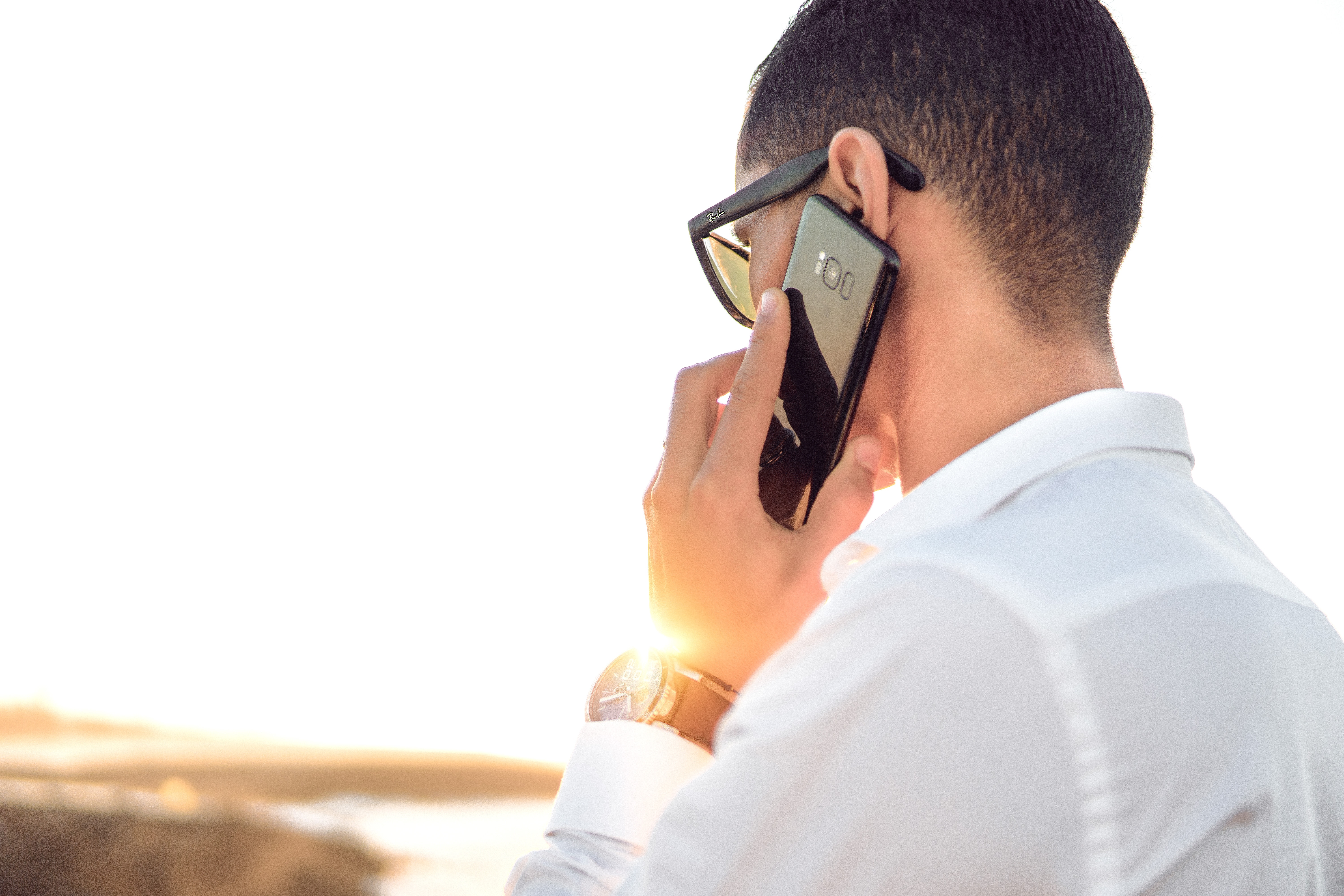Conference calls have become a vital aspect in numerous organizations, specifically those that need to interact and communicate with people living in another state or country. Not only does it help reduce costs, but it also serves to increase company productivity since the need to travel to another country is removed. With just a press of a button, companies are able to hold important business meetings over the phone. No more long travel times, no more looking for convenient locations for everyone, you can just go straight to the business at hand. With less time spent dilly-dallying, there is more time to focus on what actually matters.
However, as more and more people continue to use this mode of communication, factors that threaten it continue to appear. These factors can take the form of unwanted visitors, data breaches, and the possibility of data leakage. Surprisingly, conference call security wasn’t prioritized in the past since companies believed that increasing network security and keeping sensitive company information confidential was much more important. During this time, most conference hosts were not even aware of who their participants were which further proved that sensitive data might have spread to other people. Fortunately, in recent years, conference call providers have started to exert more effort in increasing conference security.
One of these efforts includes using a dial-out service instead of the usual dial-in. Unlike with dial-in where the call details are directly sent to the participant so they could manually join the conference, a dial-out feature means that the operator will be the one to directly connect the participants to the call. This ensures that only invited guests are able to enter the live call and, at the same time, prevents unwanted guests from joining. Another method would be using operator-assisted calls in order to closely monitor the conference and make sure it runs smoothly.
These efforts certainly take a proactive approach and make a significant impact on conference call security, but they can be ineffective if participants refuse to coordinate with the operator or host. Keep in mind that as a participant, you also have access to all the confidential information that will be discussed in the conference call. This means that if you aren't doing your part to ensuring that what is shared in the call stays in the call, you can be considered a weak link and a detriment to the health of the business. Fortunately, there are multiple ways a participant can help in ensuring the security of a conference call. None of them are too difficult to implement as well. All they really require is a strong will and a vigilant awareness of one's self and what he or she knows.
Different Ways A Participant Can Help Secure Conference Calls
- Keep all confidential conference access details safe. As mentioned above, there are two main ways of joining a conference call. One is through dial-in whereas the other is through the use of dial-out service. Although dial out is preferable to dial in, there are cases where using the latter is unavoidable. If you're stuck dealing with a dial-in situation, what are the appropriate measures you can take to keep your conference access details safe? For one, make sure that your passcode, whether standard or unique, does not fall in the wrong hands. Numerous conference call services have started to utilize unique passkeys in order to strengthen security, but again, this can be ineffective unless you, as a participant, exercise proper precaution. Another way to keep details safe is to avoid writing down your passcodes on paper and leaving it wide open for everyone to see. Instead, you can try utilizing a password-keeping application that hides your credentials behind a master password so only you can view it. Just as well, avoid sharing credentials or forwarding emails that contain conferencing dial-in details. Once you put it out there, it's hard to take it back.
- Avoid taking online conference calls using public WiFi or public phones. While convenient, it is best to avoid participating in conference calls using public WiFi or phones where encryption or connectivity security is unlikely to be implemented. You wouldn't be able to find out who is connected to these services and if they are listening in or not. So if breaches do occur, it'd be hard to track. It is a necessary security measure to only connect to known secure WiFi connections when taking conference calls to lessen the likelihood of getting confidential or sensitive conference calls compromised. At the end of the day, it's better to be safe than sorry.
- Answer all operator inquiries honestly. In order to verify your identity, operators will ask numerous questions before connecting you to the conference. Remember to answer honestly and accurately so the conference can start immediately with no setbacks. You don't gain anything from hiding information, so why do it?
- Maintain conference call confidentiality. This statement stands for itself. Most conference calls deal with sensitive company information and if these data got leaked, it could lead to great repercussions that can put a company at a huge disadvantage. To be safe, avoid leaving discussion notes of sensitive meetings lying around or keep them in a password-protected document.
Be aware of all these tips and I'm sure you'll have no problem fulfilling your role securely as a participant in your next conference call.

